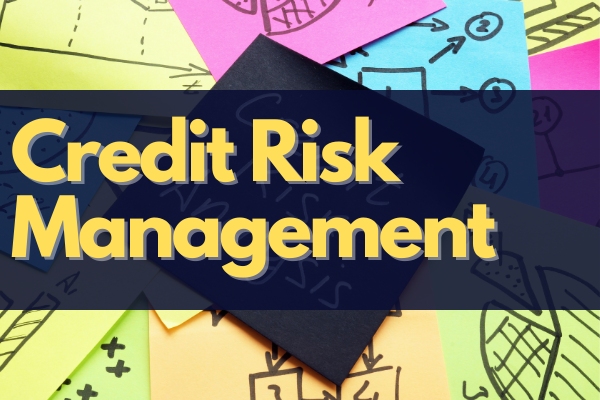There are no items in your cart
Add More
Add More
| Item Details | Price | ||
|---|---|---|---|

Financial Stability: For individuals, defaulting on loans can lead to financial ruin, including damaged credit scores, legal consequences, and loss of assets. For businesses, credit risk can affect their ability to operate, expand, or access additional capital.
Lender Losses: Lenders, such as banks and financial institutions, face significant losses when borrowers default. These losses can weaken a lender's financial position and, in extreme cases, lead to insolvency.
Economic Impact: Widespread credit defaults can have a negative impact on the overall economy. It can lead to reduced consumer spending, decreased business investment, and economic downturns.
Conduct thorough assessments of borrowers' creditworthiness before extending credit. This involves analyzing their credit history, income, assets, and debt levels.
Avoid concentrating credit exposure on a single borrower or industry. Diversifying your credit portfolio helps spread risk.
Continuously monitor the creditworthiness of borrowers throughout the credit relationship. This includes reviewing financial statements and payment history.
Implement risk mitigation techniques such as requiring collateral, obtaining personal guarantees, or using credit insurance to protect against defaults.
Conduct stress tests to assess how your credit portfolio would perform under adverse economic conditions.
Establish clear credit policies and guidelines to ensure consistency in lending decisions.
Periodically review and update your credit risk management practices to adapt to changing economic conditions and market trends.
Credit risk management is an essential component of financial stability and success, whether you are an individual borrower or a business owner. By understanding credit risk, taking proactive measures to manage it, and continuously monitoring your credit portfolio, you can protect your financial future and navigate the complex world of lending with confidence. Remember that seeking professional financial advice can be invaluable in developing and implementing effective credit risk management strategies.